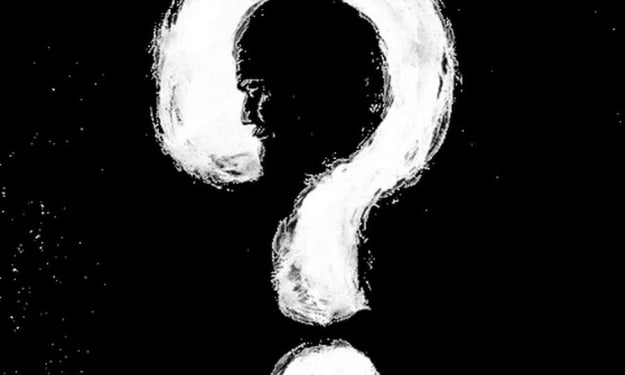Content warning
This story may contain sensitive material or discuss topics that some readers may find distressing. Reader discretion is advised. The views and opinions expressed in this story are those of the author and do not necessarily reflect the official policy or position of Vocal.
Bastille Day:
A Celebration of French Unity and Independence

Introduction:
Bastille Day, also known as La Fête Nationale or French National Day, is a significant holiday in France that commemorates the storming of the Bastille prison on July 14, 1789. This event marked a pivotal moment in the French Revolution and the fight for liberty, equality, and fraternity. In this article, we delve into the history, traditions, and significance of Bastille Day, exploring its cultural and historical importance as a celebration of French unity and independence.
Part 1: Historical Background
To understand the significance of Bastille Day, it is essential to delve into the historical context. The French Revolution, which began in 1789, was a period of social and political upheaval in France, characterized by widespread discontent, economic turmoil, and calls for political reform. The storming of the Bastille, a symbol of the monarchy's power and tyranny, became a pivotal moment that ignited the revolution and ultimately led to the establishment of a more democratic society.
Part 2: The Storming of the Bastille
On July 14, 1789, a large crowd gathered outside the Bastille prison in Paris, demanding the release of political prisoners and the surrender of the fortress. The mob, fueled by a sense of injustice and a desire for change, stormed the prison, sparking a violent confrontation with the guards. The fall of the Bastille symbolized the people's defiance against the monarchy and became a symbol of the revolution's triumph over oppression.
Part 3: Evolution of Bastille Day
Initially, the storming of the Bastille was commemorated as a local celebration in Paris. However, over time, it evolved into a national holiday that celebrated the ideals of the revolution and the birth of the French Republic. In 1880, the French government officially recognized July 14 as the French National Day, and it has since become a day of national pride and unity.
Part 4: Traditions and Celebrations
Bastille Day is celebrated throughout France with various events and festivities. The day typically begins with a military parade along the Champs-Élysées in Paris, showcasing the French armed forces and paying tribute to the country's commitment to national defense. Spectators gather along the parade route, waving flags and cheering as the troops march past. The day also features fireworks displays, concerts, street parties, and cultural performances in cities and towns across France.
Part 5: Symbolism and National Unity
Bastille Day holds deep symbolism for the French people, representing the principles of liberty, equality, and fraternity that emerged from the revolution. It serves as a reminder of the importance of individual rights, democratic values, and social progress. The holiday fosters a sense of national unity and patriotism, bringing together people from diverse backgrounds to celebrate their shared history and values.
Part 6: Cultural and Artistic Expressions
Bastille Day is also a time to showcase French culture, art, and creativity. Festivals and cultural events feature exhibitions, art installations, theatrical performances, and musical concerts that highlight France's rich cultural heritage. The day provides a platform for artists, musicians, and performers to express their talents and contribute to the celebration of French identity.
Part 7: International Observance
While Bastille Day is primarily a French holiday, its significance extends beyond national borders. The holiday is recognized and celebrated in various parts of the world, particularly in countries with historical ties to France or large French diaspora communities. Embassies and consulates organize events and receptions to commemorate the day, fostering a sense of connection and solidarity among French expatriates and their host countries.
Part 8: Reflection and Renewed Commitment
Bastille Day offers an opportunity for the French people to reflect on their history, values, and aspirations as a nation. It is a time to evaluate progress made in areas of social justice, democracy, and human rights, and to renew commitments to uphold the principles of the revolution. The holiday encourages individuals to engage in civic activities, participate in community service, and contribute to the betterment of society.
Conclusion:
Bastille Day is a significant holiday that embodies the spirit of the French Revolution and celebrates the ideals of liberty, equality, and fraternity. It serves as a reminder of the courage and determination of the French people in their pursuit of freedom and social progress. Through traditions, celebrations, and cultural expressions, Bastille Day brings together the nation in a spirit of unity and pride. It also serves as an occasion for self-reflection and a renewed commitment to the principles that underpin French society. As France commemorates Bastille Day each year, it not only honors its past but also reaffirms its dedication to a brighter future built on the foundation of liberty and solidarity.
About the Creator
Enjoyed the story? Support the Creator.
Subscribe for free to receive all their stories in your feed. You could also pledge your support or give them a one-off tip, letting them know you appreciate their work.





Comments
There are no comments for this story
Be the first to respond and start the conversation.